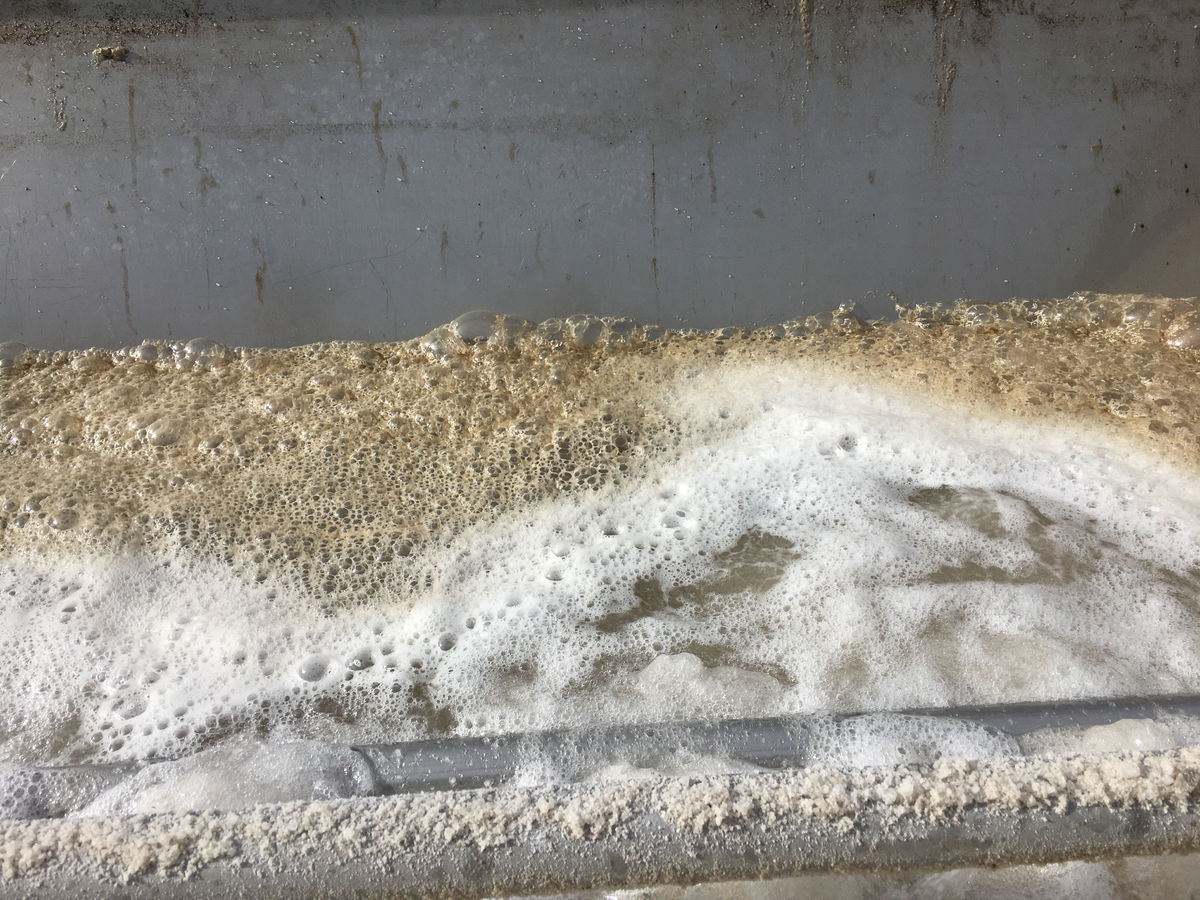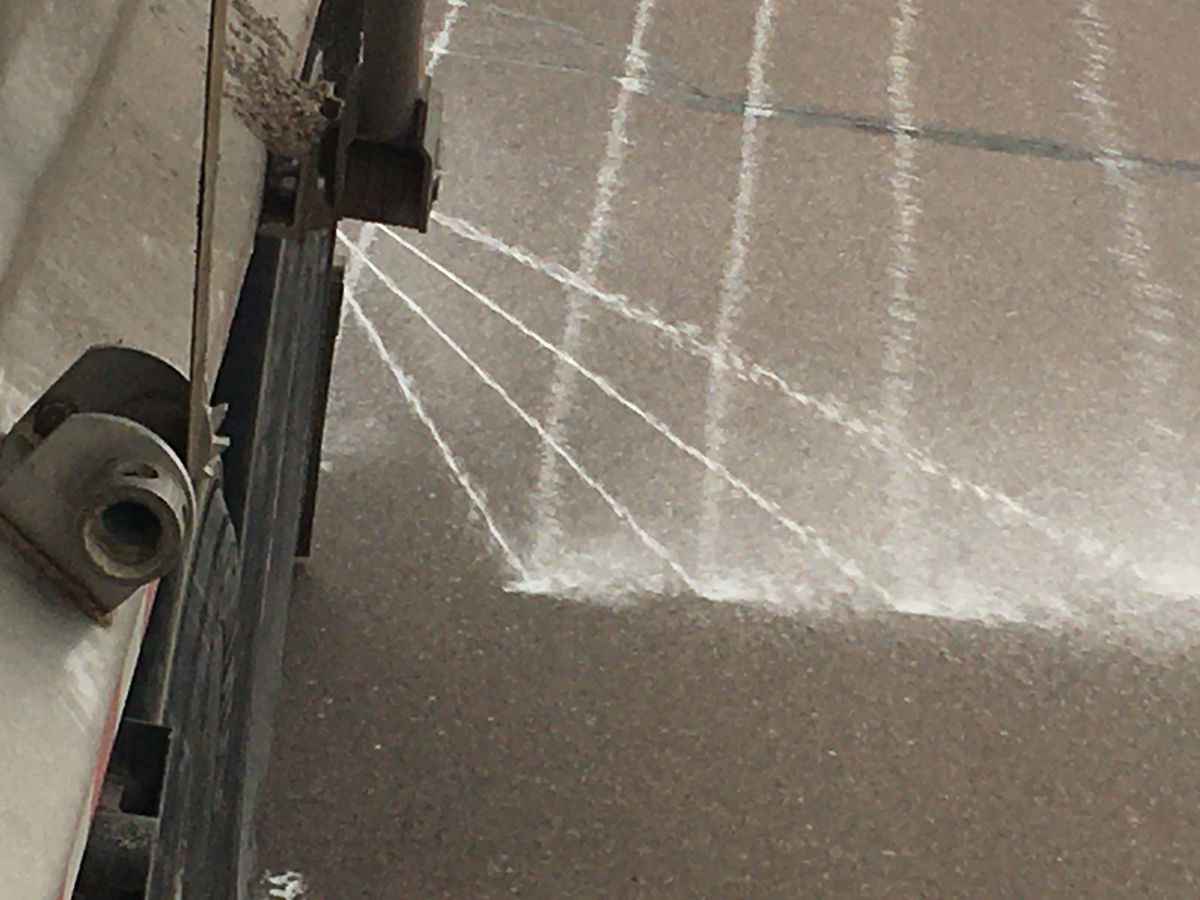Snowy fall providing good test of salt brine use on El Paso County roads
EL PASO COUNTY, Colo. -- In the past, El Paso County and the Colorado Department of Transportation relied heavily on magnesium chloride to apply to roads and streets before and during winter storms.
Although the chemical is an industry standard and very effective in preventing ice buildup, it's also expensive to use and is harsh on the environment.

For those reasons, El Paso County and CDOT now apply salt brine -- simply, salt water -- as a pretreatment.
CDOT began using the liquid last season in other regions of Colorado, but this is the first season El Paso County crews have used it. Both organizations applied it Monday in advance of a storm expected overnight.

Both entities say salt brine saves them money because they can make it themselves and it's much cheaper than traditional chemicals, while being nearly as effective.
The key to salt brine's effectiveness is to spray it on a dry surface the day before a storm arrives, at least 12 hours in advance.

Once dry, officials say the salt brine creates a layer that separates ice from pavement and makes it easier for snowplows to remove.
A rust inhibitor is added to the salt brine to protect vehicles.

Both departments still have magnesium chloride available to use during colder temperatures, but the county says it has rarely used the chemical since acquiring salt brine.
The City of Colorado Springs doesn't use salt brine and has no plans to do so.
